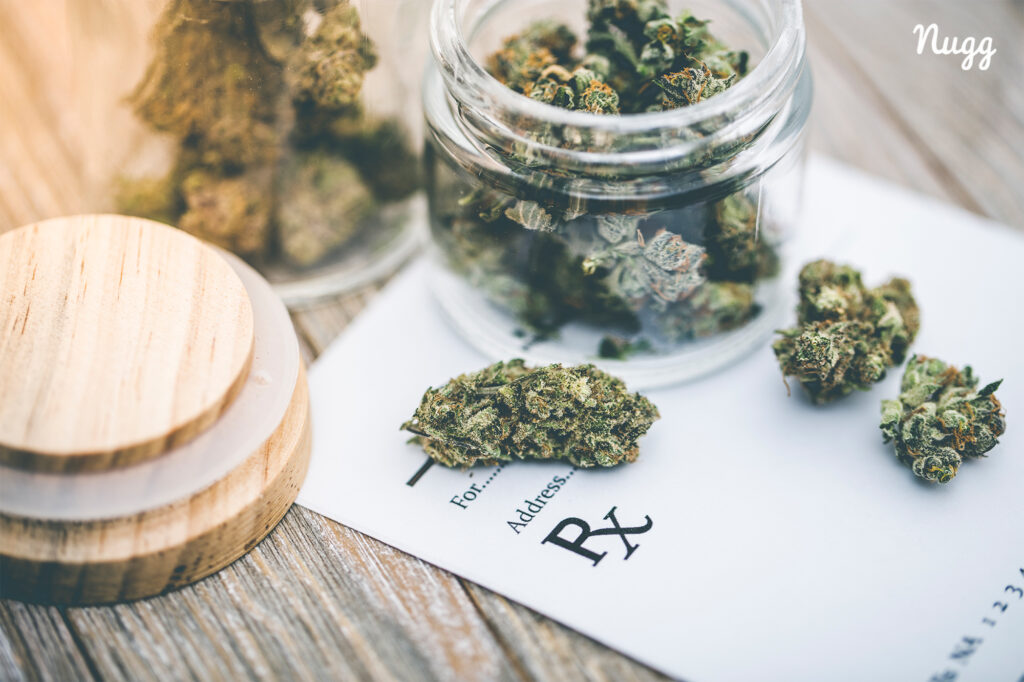
Pancreatitis is an inflammatory disease in which damage to the pancreas causes swelling and abdominal pain. The pancreas is a gland located behind the stomach that produces digestive enzymes and hormones that regulate the body’s blood sugar level.
Pancreatitis can present as a temporary or long-term condition and can lead to severe complications, including digestive problems, diabetes, and death. Treatment for pancreatitis depends on its causes but typically involves some kind of pain medication. Although acute pancreatitis was identified over 350 years ago by a Dutch anatomist, many unknown factors remain, and no treatment has been developed specifically for the condition.1
Research into pancreatitis is ongoing, and new treatment methods are sorely needed, but there have not been any significant developments in recent years.2
What Causes Pancreatitis?
Around 80% of pancreatitis cases are caused by gallstones or excessive alcohol consumption. The rest of the pancreatitis cases have various causes, although sometimes, no cause can be identified.
Causes of pancreatitis include:
- The pancreatic duct is blocked by gallstones, causing enzymes to digest the pancreas
- Excessive alcohol use
- Certain medications
- Hypertriglyceridemia
- Hypercalcemia
- Autoimmune diseases
- Pancreatic cancer
- Abdominal surgery or injury
- Cigarette smoking
- Obesity
- Cystic fibrosis
- Certain genetic or congenital disabilities
- Infection
Signs & Symptoms of Pancreatitis
The symptoms of pancreatitis depend on which type the individual has. People who have acute pancreatitis may experience one or more of the following symptoms:
- Moderate to severe abdominal pain that may radiate to the back
- Abdomen that is sore to the touch
- Nausea
- Vomiting
- Fever
- Rapid pulse
- Jaundice
People who have chronic pancreatitis may experience one or more of the following symptoms:
- Moderate to severe abdominal pain that varies in intensity without fully subsiding
- Unexplained weight loss
- Steatorrhea
- Indigestion
- Vomiting
- Glucose intolerance
- Back pain
Acute pancreatitis typically resolves in a few days. Sometimes, it reoccurs and can eventually lead to chronic pancreatitis. Severe pancreatitis can lead to many different complications, including:
- Chronic pain
- Kidney failure
- Gallstones
- Fluid and tissue build up around the pancreas
- Malnutrition, even when consuming adequate food
- Diabetes
- Calcification or hardening of the pancreas
- Pancreatic cancer
Acute pancreatitis often requires a few days in the hospital and typically resolves in 5 to 10 days. Chronic pancreatitis progresses slowly and requires regular care and, in some cases, surgery to remove the pancreas.
Can Cannabis Help Alleviate Symptoms of Pancreatitis?

Whether cannabis can provide any help for people with pancreatitis may depend on the cause of their condition.
A 2022 review found that in a study of 460 patients with acute pancreatitis, only 10% used cannabis, and just 2% of those users were able to attribute cannabis use to the cause of acute pancreatitis. Additionally, the researchers noted that cannabis has the potential to help with pain for chronic pancreatitis, with studies showing a reduction in opioid dosage and hospitalizations among cannabis users with chronic pancreatitis.3
Older studies on cannabinoids like THC and CBD indicate there may be protective elements but limited pain-relieving effects for individuals with chronic pancreatitis. In one study, researchers demonstrated that delta-9 THC had no improved efficacy over diazepam for the treatment of pain in patients with chronic pancreatitis.4 Another study from 2016 found that CBD had anti-inflammatory effects on the pancreas in patients with type 1 diabetes. While not directly associated with pancreatitis, this research shows us that CBD can affect the pancreas in a positive way.5
While there has been a rare association between cannabis and acute pancreatitis, overall, the evidence for whether cannabis can help or cause pancreatitis is inconclusive. Some cannabinoids like CBD may promote anti-inflammatory effects, which should be studied further regarding pancreatitis.
Medication interactions are a potential risk that must be considered with cannabis use, and someone being treated for pancreatitis most likely cannot use cannabis in a hospital or if surgery is required. Make sure to use caution and consult with a healthcare provider before using cannabis if pancreatitis is a concern.
If you are going to use cannabis, high CBD edibles that are healthy and low in sugar and fat, along with MCT oil-based CBD tinctures, may be the best option, according to research and consumer feedback.
Legality and Doctor’s Recommendation
To determine if your state considers pancreatitis to be a qualifying condition for medical cannabis, check out our Laws & Regulations section for the medical cannabis rules for your state.
If you find that your state recognizes pancreatitis or its symptoms as a qualifying medical condition, you can seek a doctor’s recommendation to get your medical cannabis card in your state.
How NuggMD Can Help

NuggMD is the nation's leading medical marijuana technology platform, serving patients in over half the United States. We’ve connected over 2,000,000 patients with their new medical marijuana doctors face-to-face via our state-of-the-art telemedicine platform.
We believe that every human being has the right to explore the benefits of medical cannabis and are fully committed to helping each patient explore all of their options in their journey to wellness. For further information on whether you qualify for medical cannabis, select your state.
Resources
- Pannala R, Kidd M, Modlin IM. Acute pancreatitis: a historical perspective. Pancreas. 2009;38(4):355-366. doi:10.1097/MPA.0b013e318199161c
- Sundar V, Kumar S, Manickam V, Ramasamy T. Current trends in pharmacological approaches for treatment and management of acute pancreatitis – a review. Journal of pharmacy and pharmacology. 2020;72(6):761-775. doi:https://doi.org/10.1111/jphp.13229
- Jaiswal V, Mukherjee D, Batra N, et al. Acute pancreatitis as a rare adverse event among cannabis users: A systematic review. Medicine (Baltimore). 2022;101(26):e29822. Published 2022 Jul 1. doi:10.1097/MD.0000000000029822
- de Vries M, Van Rijckevorsel DC, Vissers KC, Wilder-Smith OH, Van Goor H. Single dose delta-9-tetrahydrocannabinol in chronic pancreatitis patients: analgesic efficacy, pharmacokinetics and tolerability. Br J Clin Pharmacol. 2016;81(3):525-537. doi:10.1111/bcp.12811
- Lehmann C, Fisher NB, Tugwell B, Szczesniak A, Kelly M, Zhou J. Experimental cannabidiol treatment reduces early pancreatic inflammation in type 1 diabetes. Clin Hemorheol Microcirc. 2016;64(4):655-662. doi:10.3233/CH-168021
The information in this article and any included images or charts are for educational purposes only. This information is neither a substitute for, nor does it replace, professional legal advice or medical advice, diagnosis, or treatment. If you have any concerns or questions about laws, regulations, or your health, you should always consult with an attorney, physician or other licensed professional.

